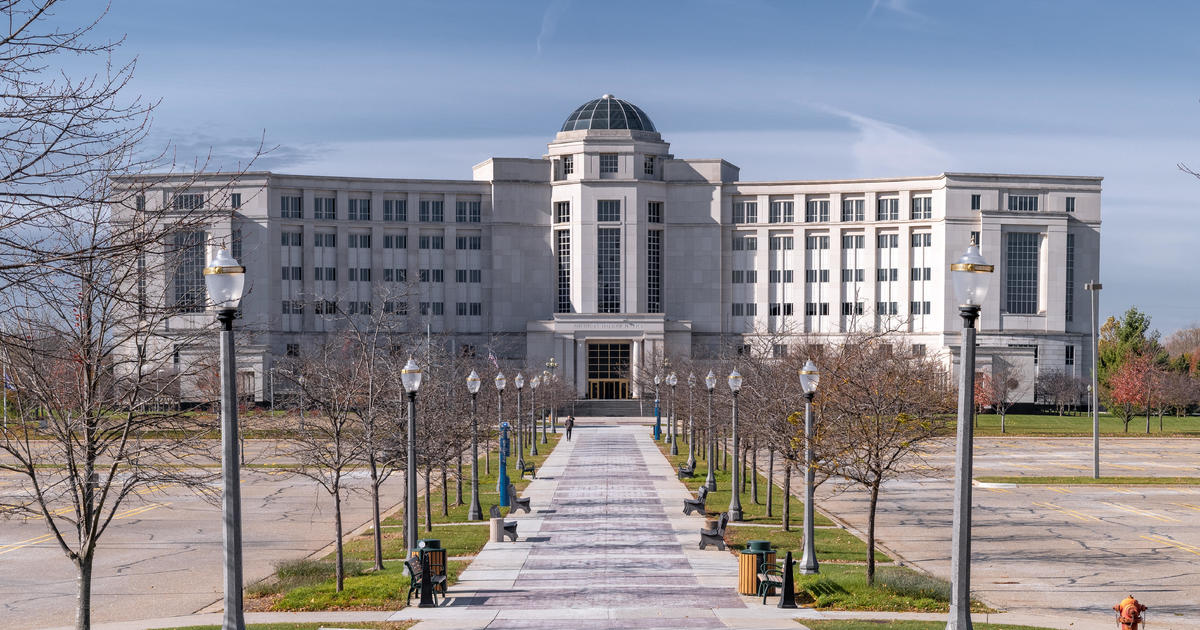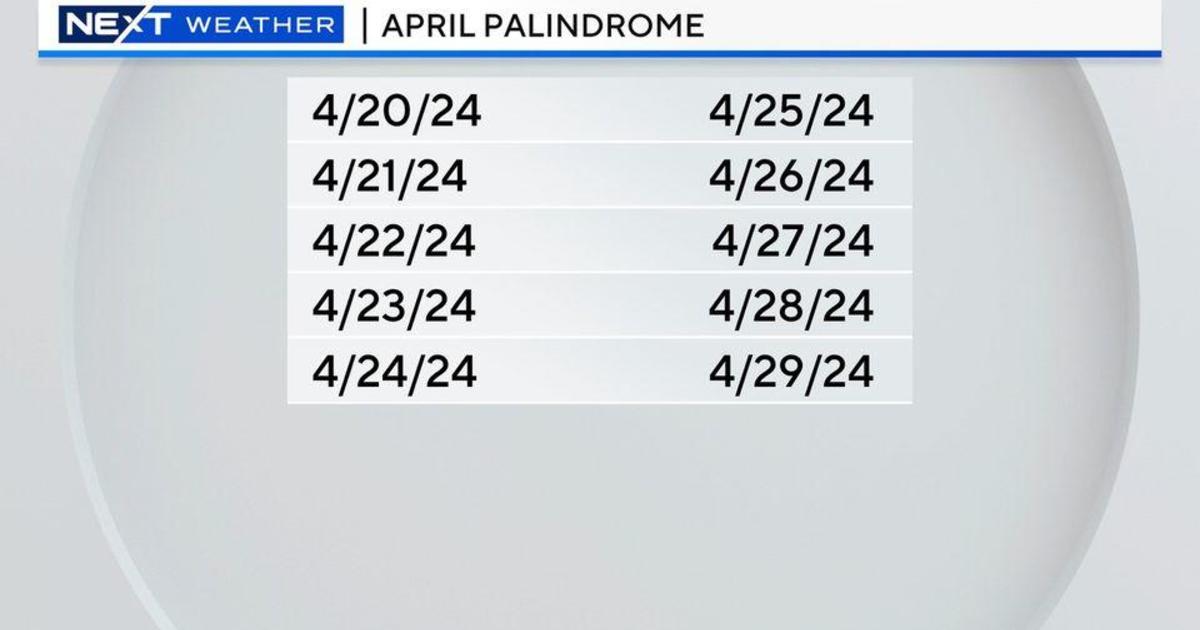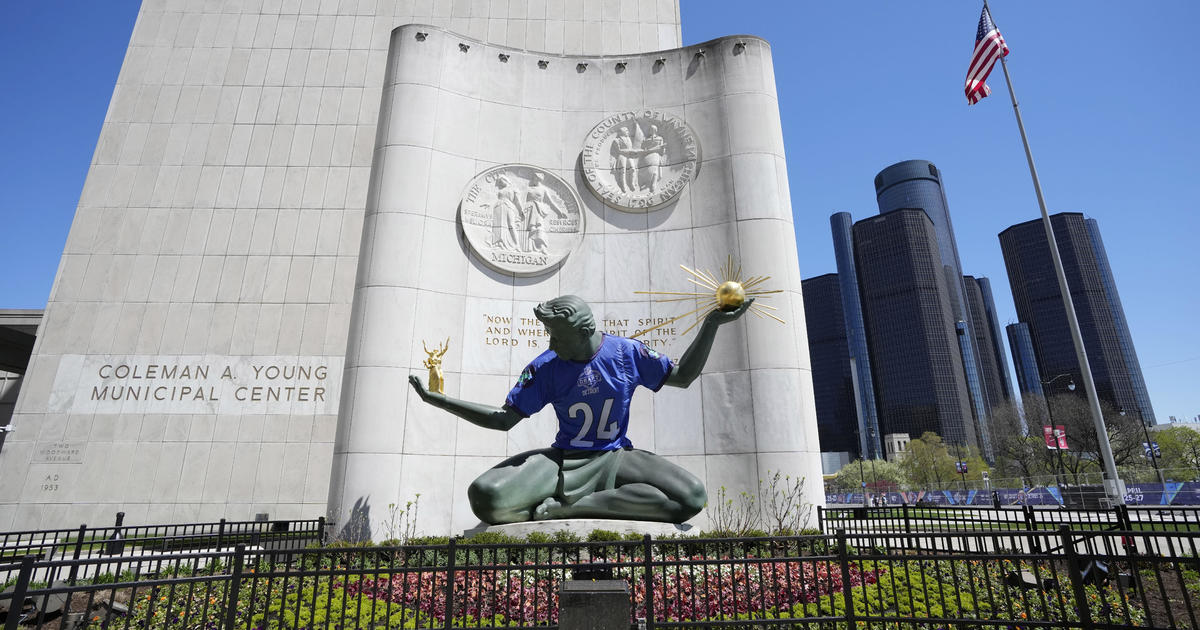University Tells Students Not To Use Social Media Apps In China
(CBS Detroit/CNN) -- Students and faculty at the University of California (UC) have been warned against using social media apps while visiting China, for fear their communications could be used against them by the country's law enforcement agencies.
Concerns were raised following the arrest of Huawei executive Meng Wanzhou at the request of US authorities.
Meng, who was detained in Vancouver and is currently on bail, is facing possible extradition to the US on suspicion of violating US sanctions against Iran.
The University also referenced the case of Novi, Michigan resident Paul Whelan. Whelan was arrested in Russia last month on suspicion of espionage. The use of WhatsApp has been cited in his espionage charges," read an email seen by CNN.
"Our concern here is the possibility China could use this condition similarly against western travelers to levy charges or as an excuse to deny departure. We recommend not using these messaging apps in China at this time."
Representatives for WeChat and WhatsApp did not immediately respond to a request for comment.
'New level of suppression'
UC's concerns would appear to be well founded. China is increasingly cracking down on previously tolerated spheres of dissent, with even private comments being policed.
In recent months, the authorities have "detained or summoned dozens or more (Chinese) Twitter users, forcing them to delete sensitive tweets or close their accounts," according to Human Rights Watch (HRW). "In some cases, authorities appear to have hacked accounts themselves."
Twitter is blocked inside China, and while a tiny number of Chinese dissidents and activists do use the platform, their influence is limited, and in the past, they were mostly ignored by the authorities.
While tweets are public, the Chinese authorities have in the past also pursued people for things they say in private, particularly on Tencent's messaging app WeChat, which has a track record of conforming with government censorship and surveillance.
In a report on privacy protections in messaging apps, Amnesty International ranked Tencent zero out of 100, and WeChat has been accused of reading users' messages and storing data. While Tencent has denied reading messages, under a new Chinese cybersecurity law, tech firms must store logs and relevant data for at least six months and provide them to the authorities when requested.
"Numerous instances have shown that Chinese authorities have access to private chats on WeChat," HRW's Yaqiu Wang told CNN.
"The crackdown on Chinese Twitter users and the punishment leveled against WeChat users for their private messages show that authorities have become increasingly intolerant of speeches that are either private or anonymous."
While WhatsApp -- which boasts end-to-end encryption and overseas servers without a backdoor for the Chinese authorities -- is in theory far more secure than WeChat or other Chinese messaging apps, if authorities are able to compromise a target's phone with malware or other methods, encryption will not protect them.
Experts have long warned against using WeChat for anything sensitive, even as the sheer dominance of the app makes it difficult to avoid entirely in China.
"It's not an exaggeration to say I live in and work on WeChat," New York Times technology columnist Li Yuan wrote recently, adding that surveillance fears are "just the way of life."
"The reality is that ordinary Chinese often feel powerless and fatalistic when it comes to censorship and surveillance," she said.
The-CNN-Wire™ & © 2019 Cable News Network, Inc., a Time Warner Company. All rights reserved.



